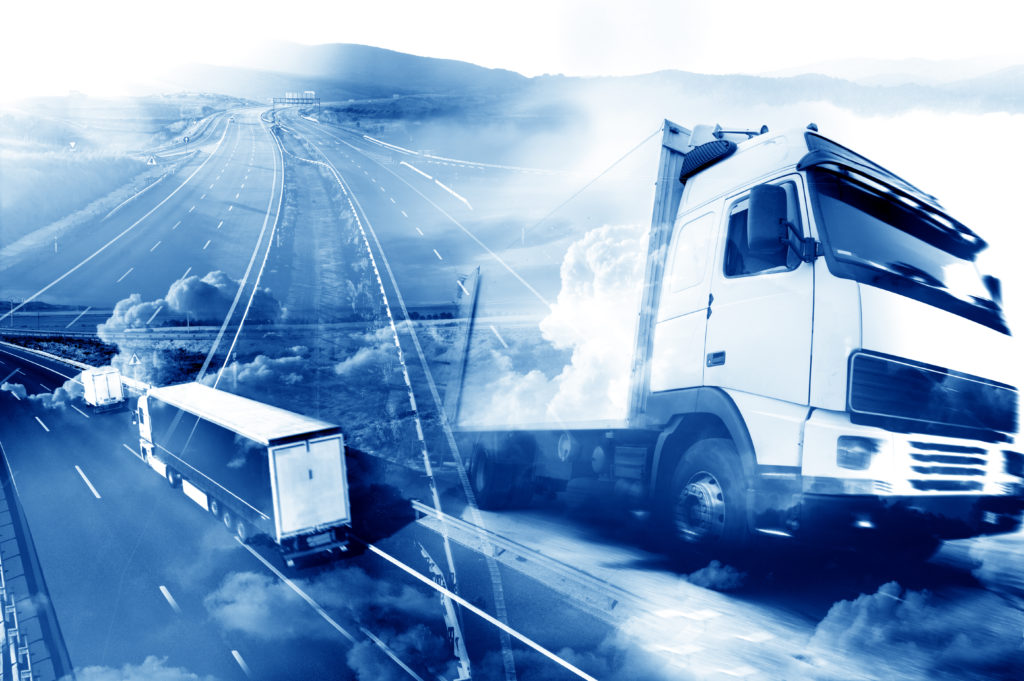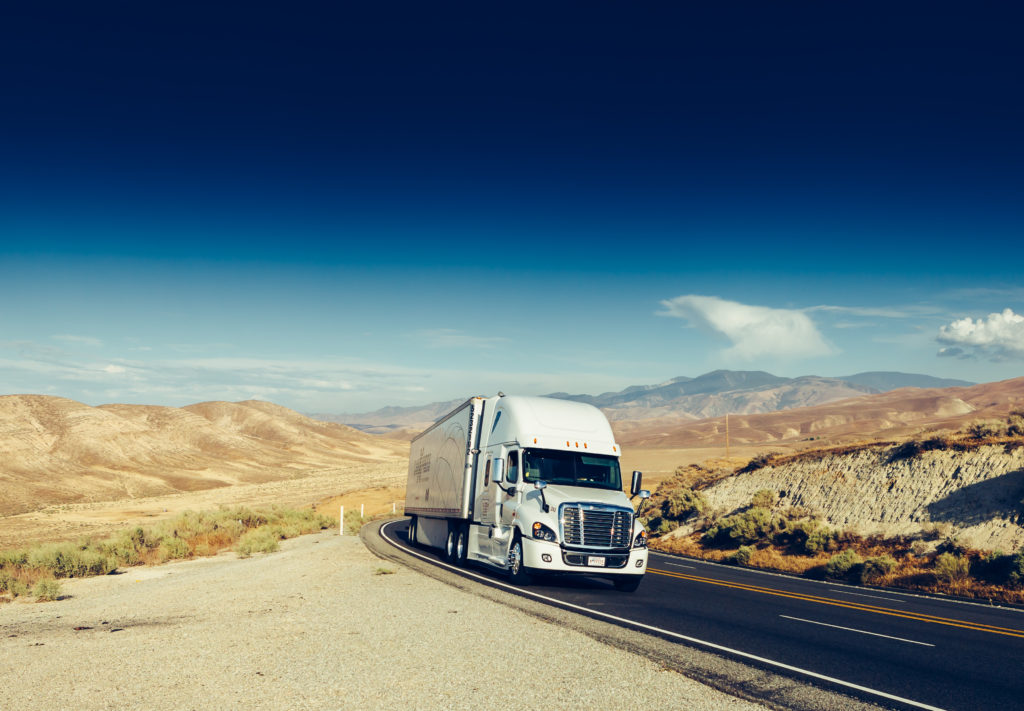
As we continue to see the coronavirus pandemic’s impact across the country, many state departments of transportation have begun reporting losses of revenue while more Americans adhere to stay-at-home orders.
In an effort to fight these losses, the American Association of State Highway and Transportation Officials (AASHTO) asked Congress to provide $50 billion in emergency relief, as well as a six-year, $800 billion surface transportation reauthorization bill, earlier this month.
This revenue request will aim to avoid any disruptions in state DOTs’ operations, and will also work to keep transportation systems operating as usual during COVID-19.
Transportation analytics group Inrix Inc. has recently released data showing that overall personal travel across the country dropped by 20% during the week of March 14th, and 42% by March 21st.
“That’s going to directly translate into a lot fewer gas tax dollars for states–and sometimes for local governments, too–to repair and expand their infrastructure networks with,” said Institute on Taxation and Economic Policy research director, Carl Davis. “This is all happening so fast. We don’t have a lot of hard data yet, but the early indications are already clear, and it’s going to be ugly.”
Inrix’s data also indicated that truck travel has had large drops as well, with figures showing long-haul truck traveling down 20% in the week ending March 27th, and commercial travel down 16% in the same week
“We expect it has to do with retailers [that] still need their inventory, [and] pharmacies [that] still need medicine,” said senior policy analyst at the Tax Foundation, Ulrik Boesen.
Toll revenue will also see major losses with fewer drivers out on the road–according to Boesen, there is currently little incentive for people to pay for express lanes with so many fewer vehicles sharing the highway.
“It’s almost hard to imagine an area of state and local tax that isn’t getting pummeled right now by what’s happening in the economy,” said Davis. “All these revenue sources are going to be dropping, and dropping very sharply.”
Right now, state DOTs are estimated to lose around 30% of their transportation revenues over the next 18 months. AASHTO’s $50 billion request is based on the revenue collecting methods of state DOTs, which, according to 2018 numbers, included 43% in highway user fees and tools, ($78.4 billion), 23% in federal grants ($42 billion), 18% in other state funding ($33.6 billion), 13% in bond issuance (23.8 billion), and 3% in local governments’ payments ($4.7 billion). With a total of around $112 billion in state DOT revenue, a 30% reduction would mean falling short by almost $50 billion.
“AASHTO is very concerned about the situation, and we see a phase 4 stimulus as a way of helping to provide immediate funding to prevent major cuts in the near-term for projects across the country,” said Tony Dorsey, AASHTO spokesman. “Our big concern is that if we don’t get this immediate backstop, as we’re calling it, we’re going to see possible project delays and a ripple effect throughout the entire economy.”
In addition to the $50 billion in emergency relief funds, AASHTO requested a six-year, $800 billion surface transportation reauthorization bill, which would work to eradicate the current investment backlog by 2030–while supporting overall economic recovery. AASHTO cites a $786 billion backlog in highway needs and a $116 billion backlog in transit needs under the US DOT Conditions and Performance Report.
Approval of these efforts will eliminate the longstanding backlog while addressing current condition and performance needs, which would support long-term economic growth–although the request calls for double the amount of federal funding within the FAST Act.
America’s road and bridge needs are also currently underfunded, with a $836 billion backlog of highway and bridge capital needs. Of the backlog, $420 billion is in repairing present highways, $123 billion is in bridge repair, $167 billion is in system expansion, and $126 is in system enhancement. Transit systems have also been extremely underfunded, bringing a $90 billion backlog in their rehabilitations. These numbers are likely to worsen as the pandemic continues.
On March 27th, President Trump signed the Congress-approved stimulus of $2.2 trillion. Now, lawmakers are working to decide upon the next phase of their COVID-19 response legislation.

